Enhancing the Voice of Sudanese Civilians on Issues Key to Ending the War and Restoring Peace
Submit a question
On May 21, the Wilson Center Africa Program hosted an online event on Enhancing the Voice of Sudanese Civilians on Issues Key to Ending the War and Restoring Peace from 11:00-12:30 ET (US).
Since Sudan’s descent into armed conflict in April 2023 between the Sudan Armed Forces (SAF) and the paramilitary Rapid Support Forces (RSF), the US government and other international actors have sought to secure ceasefires, humanitarian access, and negotiations to end the fighting and agree on a new governance structure. Success to date has been limited. Through a 4-part discussion series, the Wilson Center Sudans Working Group brought together Sudanese civilian representatives from different organizations and communities and US government and Think Tank officials toward furthering discussions around the key issues that must be addressed to achieve lasting peace and a new governance dispensation in Sudan.
The conversation, moderated by Ambassador Donald E. Booth, centered on recommendations outlined in the four policy briefs that emerged from the discussion series and engaged experts from a range of backgrounds to discuss key facets of civilian inclusion in Sudan's ceasefire negotiations and peacebuilding process.
In his opening remarks, U.S. Special Envoy to Sudan Tom Perriello discussed his insights on civilian engagement from the ongoing peace talks in Jeddah wherein he emphasized the importance of an inclusive political process, proactive governance and political will in generating sustainable peace.
Sudanese activist and Senior Gender Advisor for IGAD Special Envoy for Sudan and South Sudan Rabab Baldo emphasized that international and regional actors must ensure that ceasefire and peacebuilding processes are deeply inclusive and recognize the vast diversity of Sudan's civilian voices. She recommended that those seeking to generate peace expand their outreach to a wider range of actors.
Former governor of Darfur Eltigani Sessi discussed his vision for a Sudanese-Sudanese dialogue and explored multiple tracks to address the Sudan crisis with an emphasis on the separation of political and military forces and the integration of the grassroots social track with a political one.
Speaking as a youth activist, Hanin Ahmed spoke about the situation occurring in Sudan from her on-the-ground perspective. The Sudanese people, she said, are united in their goal for peace but differ in their vision of how to achieve this objective. She emphasized the importance of localized funding and humanitarian aid corridors to alleviate immediate suffering and provided recommendations for peace talks going forward.
To conclude, Ambassador Satti highlighted the critical need to involve civilians in peace talks in a way that allow their voices to contribute to change and summarized the key insights outlined throughout the event.
Speakers
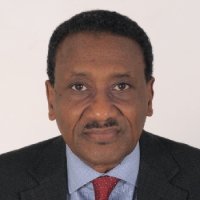
Retired UN Senior Official; Former Ambassador of Sudan to the United States, France, Portugal, Switzerland and the Vatican
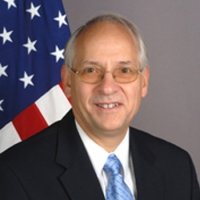
Fmr. US Special Envoy for Sudan and South Sudan
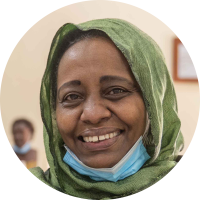
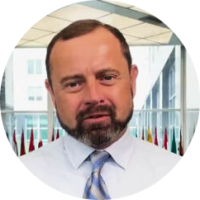
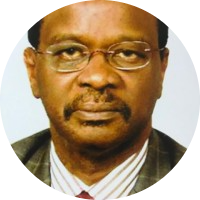
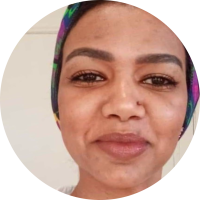
Moderator
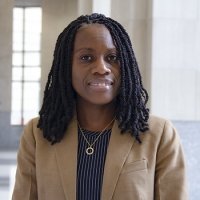
Hosted By

Africa Program
The Africa Program works to address the most critical issues facing Africa and US-Africa relations, build mutually beneficial US-Africa relations, and enhance knowledge and understanding about Africa in the United States. The Program achieves its mission through in-depth research and analyses, public discussion, working groups, and briefings that bring together policymakers, practitioners, and subject matter experts to analyze and offer practical options for tackling key challenges in Africa and in US-Africa relations. Read more


Middle East Program
The Wilson Center’s Middle East Program serves as a crucial resource for the policymaking community and beyond, providing analyses and research that helps inform US foreign policymaking, stimulates public debate, and expands knowledge about issues in the wider Middle East and North Africa (MENA) region. Read more
